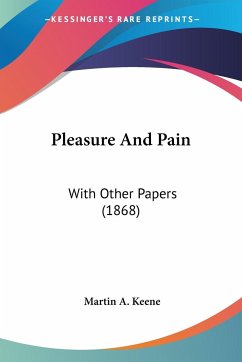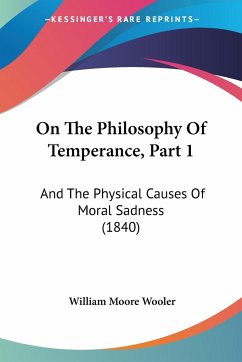""Personal Representation: Speech Of John Stuart Mill, Delivered In The House Of Commons, May 20, 1867"" is a book written by John Stuart Mill, a British philosopher and political economist. This book is a transcript of a speech he delivered in the House of Commons on May 20, 1867, in which he advocates for the adoption of personal representation in the British parliamentary system. In this speech, Mill argues that the current system of representation, which is based on geographical constituencies, is flawed and does not accurately represent the diverse interests and opinions of the people. He proposes a system of personal representation, where voters would have the ability to choose their representatives based on their personal qualities and qualifications, rather than just their geographical location. Throughout the book, Mill discusses the benefits of personal representation, including increased accountability of representatives to their constituents, greater diversity in parliament, and a more accurate reflection of the views and interests of the people. He also addresses potential criticisms of the system and provides solutions to these concerns.Overall, ""Personal Representation: Speech Of John Stuart Mill, Delivered In The House Of Commons, May 20, 1867"" is a thought-provoking and insightful analysis of the British parliamentary system and the potential benefits of personal representation. It is a must-read for anyone interested in political philosophy, democracy, and the role of representation in government.With An Appendix, Containing Notices Of Reports, Discussions, And Publications On The System In France, Geneva, Germany, Belgium, Denmark, Sweden, The Australian Colonies, And The United States.This scarce antiquarian book is a facsimile reprint of the old original and may contain some imperfections such as library marks and notations. Because we believe this work is culturally important, we have made it available as part of our commitment for protecting, preserving, and promoting the world's literature in affordable, high quality, modern editions, that are true to their original work.
Hinweis: Dieser Artikel kann nur an eine deutsche Lieferadresse ausgeliefert werden.
Hinweis: Dieser Artikel kann nur an eine deutsche Lieferadresse ausgeliefert werden.








